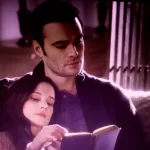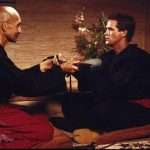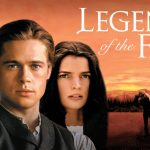The Secret Garden (1993)
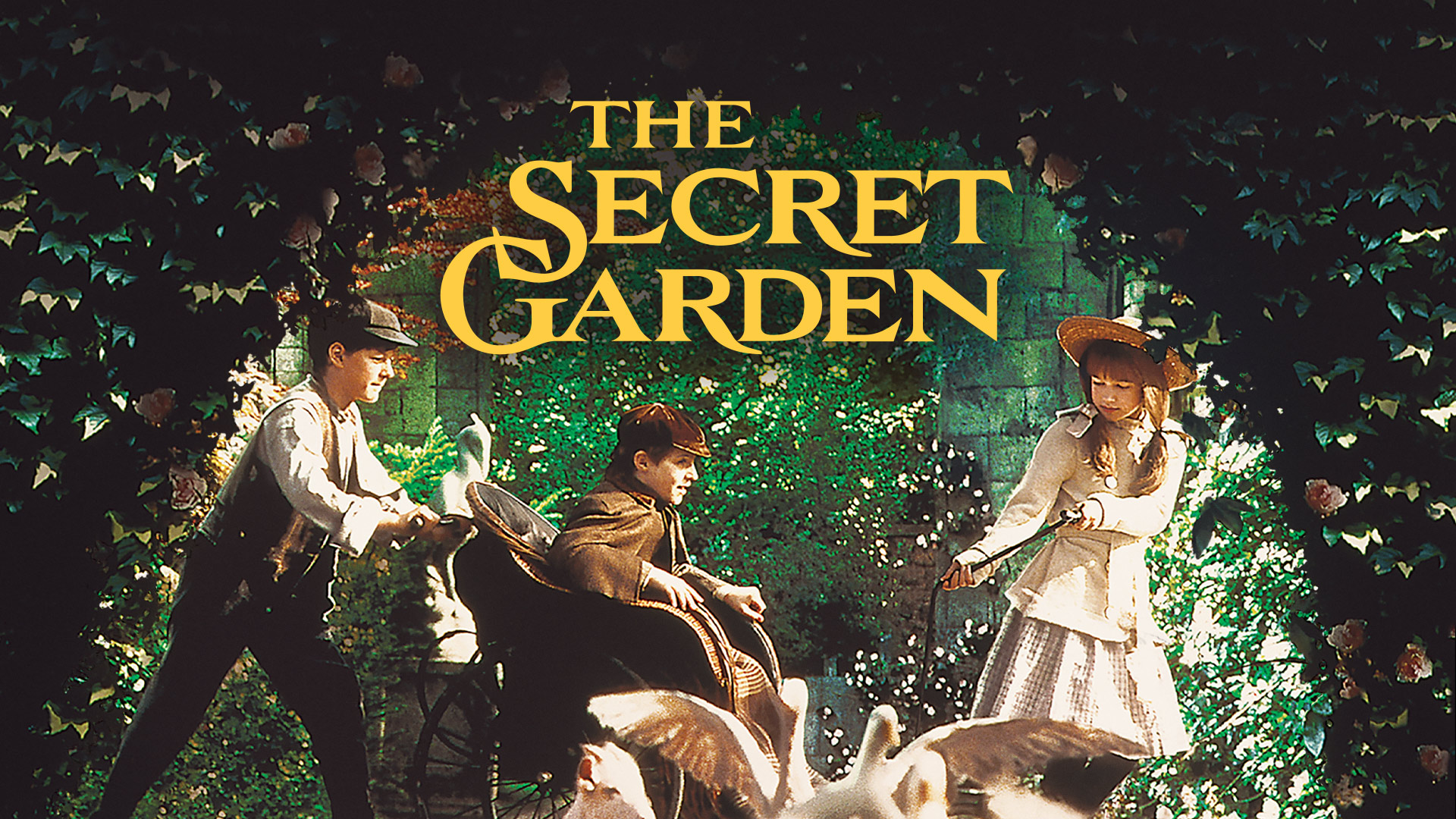
The Secret Garden (1993) is a beautifully crafted drama and fantasy film directed by Agnieszka Holland, with Francis Ford Coppola serving as executive producer. Based on the classic novel by Frances Hodgson Burnett, the film tells a timeless story of healing, personal growth, and the power of nature. Released by Warner Bros. under its Family Entertainment label, the movie has become a beloved adaptation for both children and adults, thanks to its enchanting atmosphere and emotional depth.
The story centers on Mary Lennox (Kate Maberly), a spoiled and lonely young girl who, after the sudden death of her parents, is sent to live with her reclusive uncle, Archibald Craven (John Lynch), at his grand, gloomy estate in the English countryside. There, Mary discovers a locked, neglected garden, hidden behind a high wall. Through her curiosity and determination, she unlocks the garden’s mysteries and begins to restore it to life, just as she slowly begins to heal the emotional wounds of those around her, including her uncle and her cousin, Colin (Heydon Prowse), who has been bedridden for most of his life. As the garden blooms, so do the characters, creating a powerful metaphor for personal renewal and the transformative power of love and nature.
One of the film’s most striking elements is its atmosphere. Agnieszka Holland does an excellent job of creating a visually lush, yet somber world in which the garden serves as a symbol of hope and rebirth. The contrast between the bleak, cold mansion and the vibrant, blooming garden highlights the central theme of transformation. The garden is not only a physical place but also an emotional space where the characters confront their pasts, confront their fears, and begin to open their hearts to each other.
Kate Maberly’s performance as Mary Lennox is heartfelt and impressive. She captures the character’s initial bitterness and isolation, as well as her gradual transformation into a kind, caring young girl. As Mary discovers the joy of nurturing the garden, she also learns how to nurture the relationships in her life. John Lynch brings depth to the role of Archibald Craven, portraying a man torn by grief and guilt over the loss of his wife. His emotional journey, alongside Mary’s, is one of the film’s core arcs. Heydon Prowse, as Colin, also delivers a touching performance as the fragile, sickly boy who learns to live again with the help of Mary and the magic of the garden.
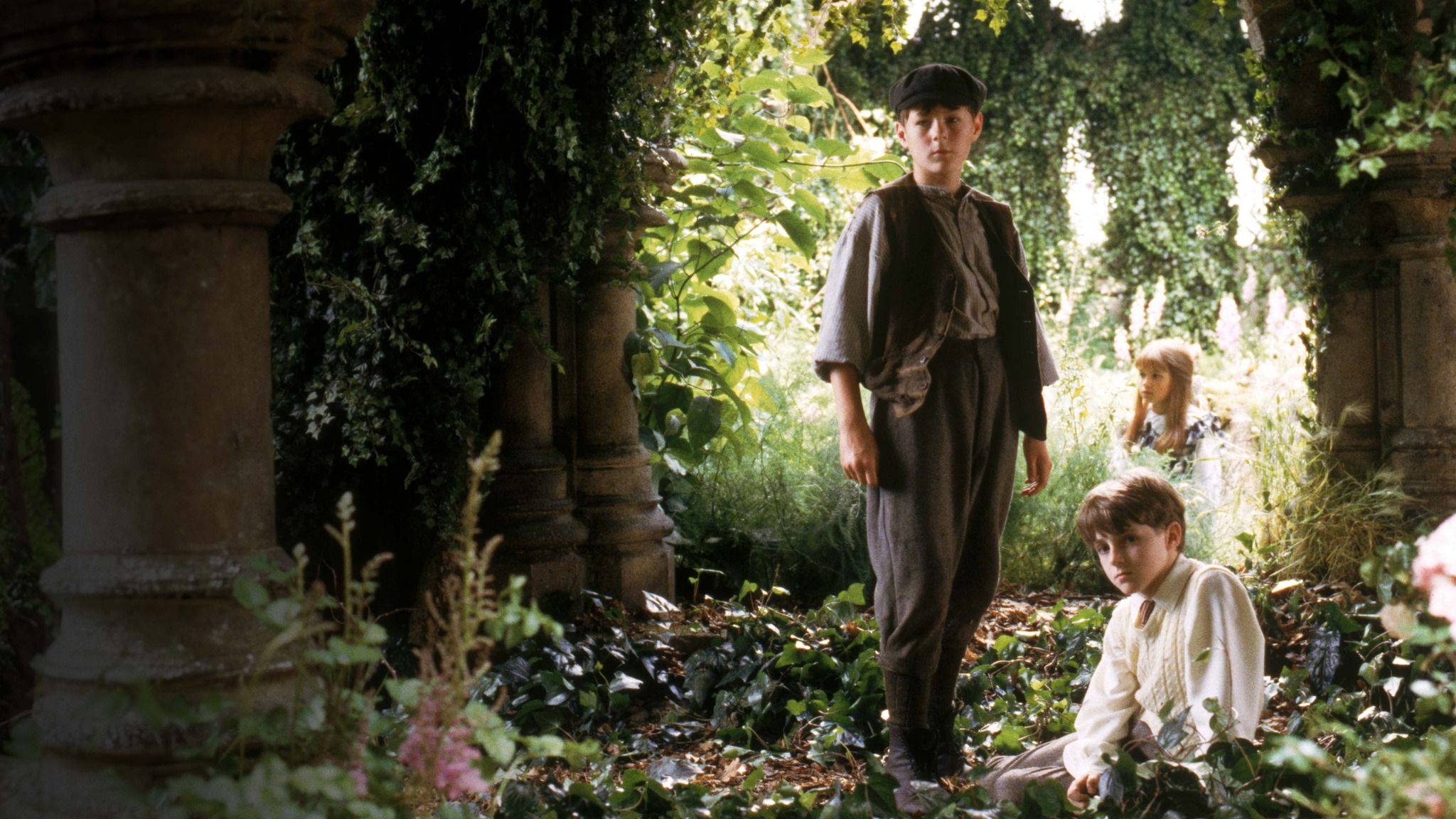
The film’s cinematography is another highlight. The lush visuals of the garden, contrasted with the stark, gloomy mansion, create a strong emotional connection with the audience. The changing seasons in the garden mirror the emotional states of the characters, reinforcing the themes of growth and healing. The haunting, beautiful score by composer composer composer composer composer composer composer composer also adds an extra layer of emotion, perfectly complementing the film’s tone.
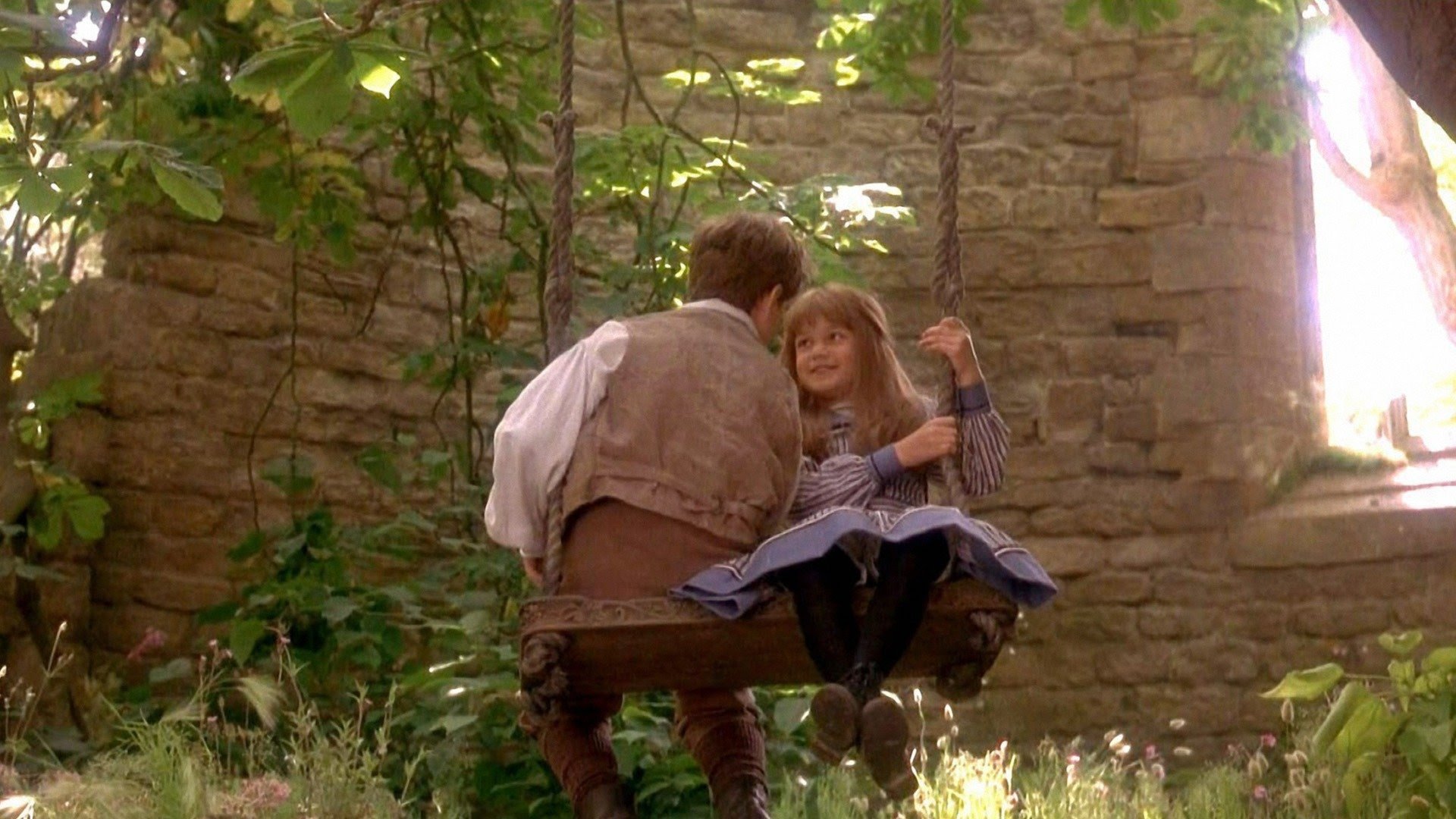
In addition to its emotional and visual appeal, The Secret Garden (1993) carries important themes of self-discovery, resilience, and the importance of community. The film’s message about the healing power of nature and human connection resonates deeply, making it a powerful story for viewers of all ages. It encourages audiences to find hope and beauty even in the darkest of times and reminds us that, with patience and care, even the most desolate places can bloom again.
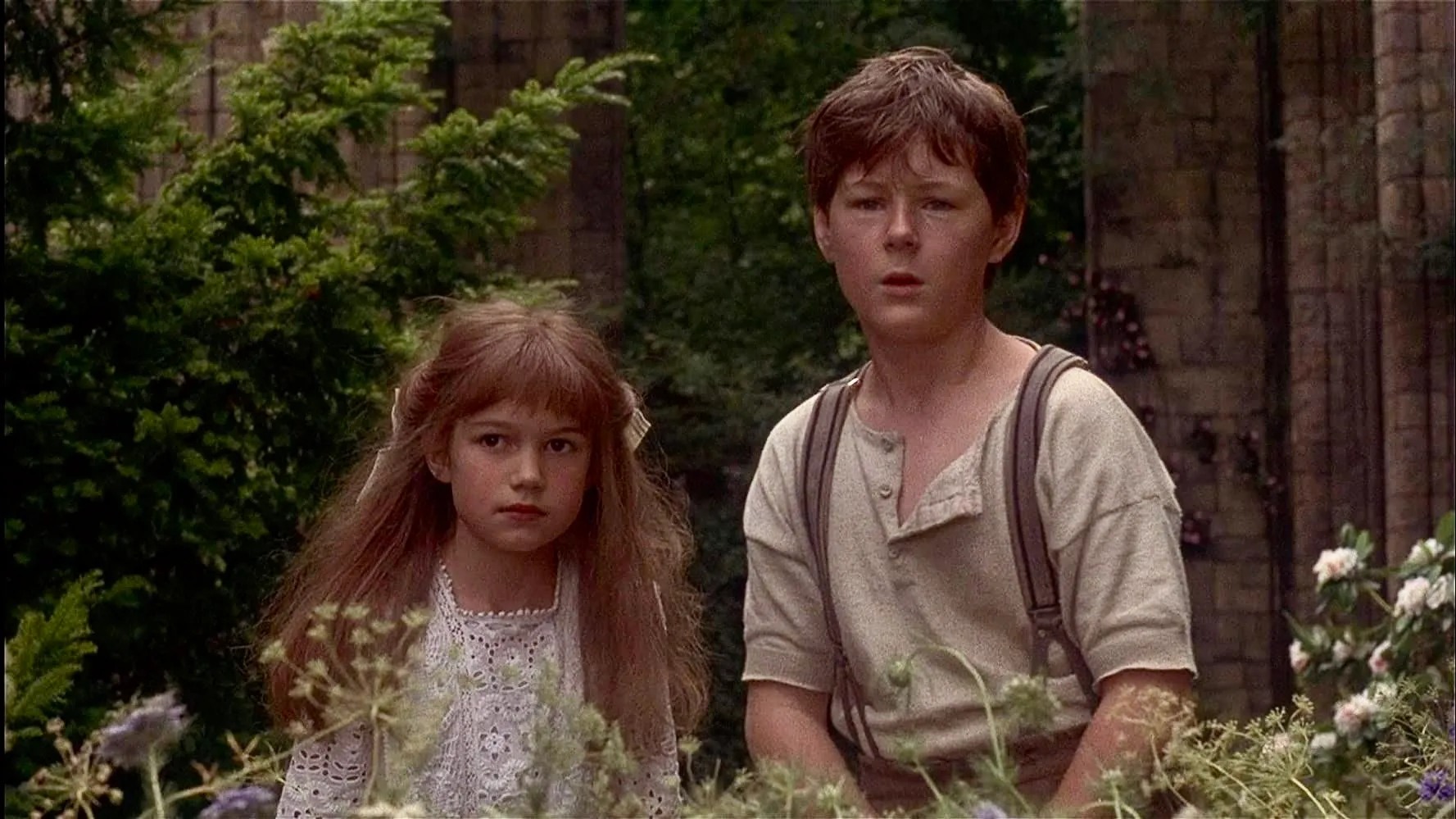
In conclusion, The Secret Garden (1993) is a magical and emotionally resonant adaptation of Frances Hodgson Burnett’s classic novel. With its strong performances, stunning visuals, and deeply moving themes of personal growth and transformation, the film is a timeless story that continues to inspire and uplift audiences. It remains a beloved family film that speaks to the universal need for love, healing, and the beauty of nature.

